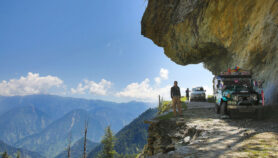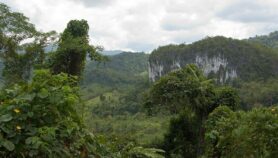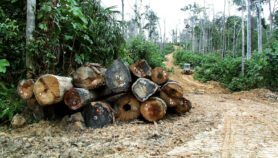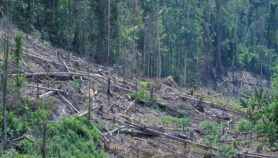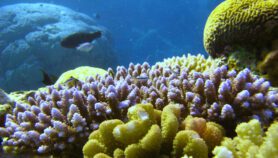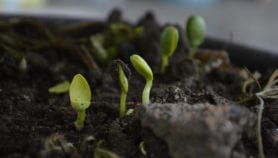Send to a friend
The details you provide on this page will not be used to send unsolicited email, and will not be sold to a 3rd party. See privacy policy.
Science academies in the developed and developing world have today (16 May) made demands for more action on climate change ahead of next month’s G8 summit in Germany.
The Network of African Science Academies (NASAC) and science academies from the ‘G8 + 5’ countries ― including Brazil, China, India, Mexico and South Africa ― presented statements to German prime minister Angela Merkel, calling for united global action on energy efficiency and climate change mitigation.
The case for human-induced climate change is all but agreed (see Scientists united on human-induced climate change), and developing countries are likely to be hit the hardest (see Report sees ‘climate divide’ between rich and poor).
The statements argue that more should be done by governments to commit to promoting energy efficiency, increasing understanding of climate change within society, curbing deforestation, strengthening technology exchange with developing countries and investing in science and technology.
"The African science community via its Academies of Science is ready to provide effective advice to governments on issues such as sustainability, energy efficiency and climate change," said Robin Crewe, president of the South African Academy of Sciences, in a press release.
NASAC urge the upcoming summit to deliver on promises made at the 2005 G8 summit in Scotland, where recommendations were made to provide US$8 billion to rejuvenate African universities and create centres of scientific excellence (see G8 leaders give indirect boost for science in Africa).
NASAC also called for a joint fund to be set up between the G8 and the African Union to finance shared technology projects in priority areas. They asked that G8 governments "provide financial, scientific and technical support" and help the African science community foster collaboration with academies in G8 countries in order to achieve the Millennium Development Goals.
NASAC also requested that G8 governments assist the African Union with the challenges of healthcare, in particular infectious diseases.
The G8 + 5 academies also presented a separate statement on innovation, calling for balance of intellectual property rights with free access to knowledge and information.
They advised the G8 to work with developing countries to build systems of innovation for economic and social development.




